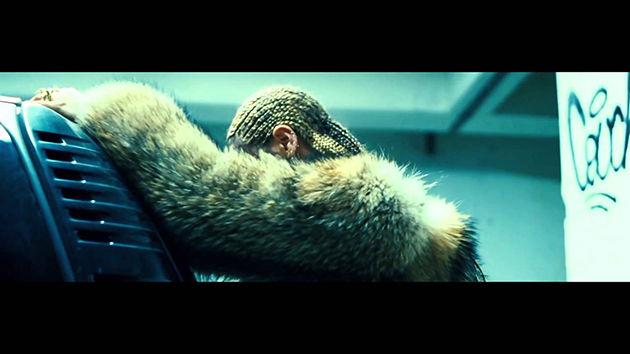Coming two months after her equally bashed and praised “Formation” video, Beyoncé’s Lemonade is an emotionally charged surprise release. It’s overwhelmingly in your face with her disdain for Jay-Z’s alleged infidelity and her status as a successful black woman. While it is reminiscent of her last album, “Beyoncé,” “Lemonade” has more emotion and power behind the lyrics, pulling no punches. Although the album slows down at times, the end result is a tight album with a strong message and theme: Beyoncé feels betrayed, and she’s not worried about being polite.
The accompanying one-hour film expresses this further, full of spoken word detailing the times Jay-Z came home late, a miscarriage, and pure hurt and disgust in Beyoncé’s voice. The album’s opener “Pray You Catch Me” sets the tone with the first line of “Pray You Catch Me.” Like the rest of the album, it’s honest, offensive, and has a hint of Beyonce’s Houston-tinged class. It contrasts well with venomous lines in “Don’t Hurt Yourself” and “Sorry.”
Although “Lemonade” and the accompanying video are very personal, the album has the fingerprints of several artists all over it. The dreamy atmosphere of “Hold Up” feels ripped from the playbook of Vampire Weekend, and rightfully so since the band’s lead singer, Ezra Koenig, co-wrote it. “Don’t Hurt Yourself” feels like a cut from a White Stripes album with the help of Jack White, and “6-Inch Heels” sounds like it could have been on The Weeknd’s last album, “Beauty Behind the Madness.” These tonal switches make the album seem disjointed at times.
However the standout tracks of the album have some of the more revealing details of Beyoncé’s life hidden in them. “Daddy Lessons,” a country track at heart, finds Beyoncé analyzing her father’s infidelity to her mother, taking some of the less direct shots at Jay-Z to get some much needed catharsis about her past. “Freedom” is a black empowerment anthem, Beyoncé crying “freedom!” and referencing negro spirituals throughout. The Kendrick Lamar feature brings the song together, coming off the success of his Grammy winning “To Pimp a Butterfly.”
“Lemonade” feels complete and whole with its theme, unlike the 2013 album “Beyoncé,” despite the varying samples and borrowed sounds. It’s black, it’s proud, and it’s pretty mad at Jay-Z. With a short film full of smashing windows, black women with afros, and the mothers of Trayvon Martin and Michael Brown holding pictures of their dead sons, it’s just as unapologetic as it’s final track, “Formation.” Beyoncé is done playing, and you can hear it in the painful screams, shocking swearing, and better-crafted lyrics. Because when life gives you lemons, make lemonade … and then drown Jay-Z in it.









